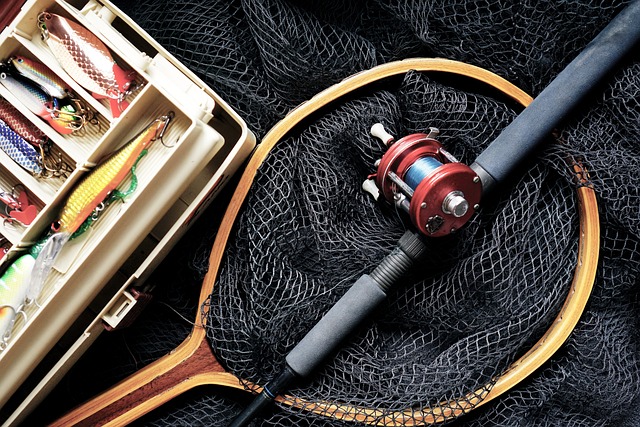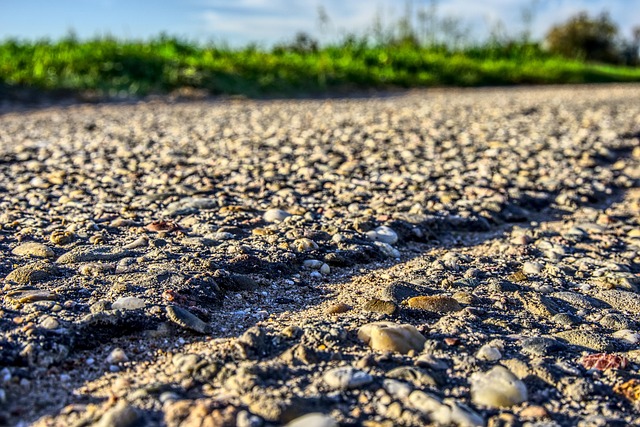The waters that once teemed with vibrant marine life are now increasingly unpredictable, a striking reflection of the profound effects climate change has on our environment. As global temperatures rise and weather patterns shift, fishing problems are becoming more pronounced, threatening not just the health of our ecosystems but also the livelihoods of many communities that rely on fishing as a primary source of income.
Fishermen, both commercial and recreational, are facing challenges that were unimaginable just a few decades ago. Erratic weather events—from sudden storms to prolonged droughts—make it difficult to predict fishing conditions. The results are detrimental: periods of overfishing and underfishing, as species migrate to cooler waters in search of suitable habitats. As these changes occur, fish populations can dwindle, further complicating efforts to maintain sustainable practices.
The natural balance of aquatic ecosystems is intricately tied to the climate. Warmer waters lead to reduced oxygen levels and altered salinity, both of which can devastate local fish populations. Furthermore, the emergence of invasive species due to changing water temperatures disrupts traditional fishing grounds, often eating away at the native fish species that communities rely on.
As we confront these challenges, it’s crucial to recognize the ripple effect of climate change on fishing problems. Fisheries can become economically unstable, leading to job losses and affecting food security for millions worldwide. Affected communities often find themselves trapped in a cycle of instability, continuously adapting to ever-changing environmental conditions.
In response to these challenges, many communities are taking proactive measures. Sustainable fishing practices, aquaculture developments, and policy reforms all play critical roles in mitigating the impact of climate change on fishing. Awareness initiatives and education programs are being offered to equip fishermen with the knowledge necessary to adapt, ensuring that traditional practices coexist with modern conservation efforts.
As seasons change and weather becomes more extreme, our relationship with water and the life it supports is at a crossroads. The fight against climate change is not just an environmental issue; it’s a fight for the future of fishing, for the generations that will follow. Collectively, we must advocate for sustainable solutions while respecting the traditions that have long defined our coastal communities. The health of our oceans is synonymous with the health of our planet, reminding us of the poignant link between climate change and the fishing problems we must confront together.




